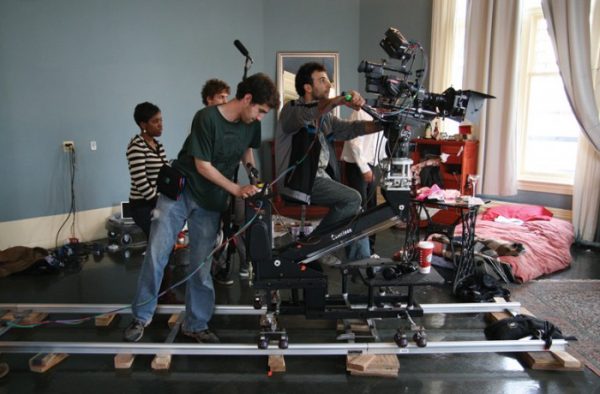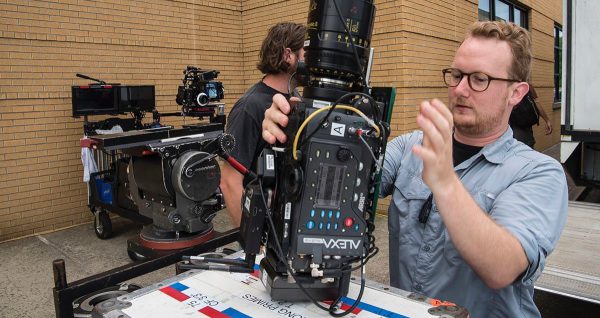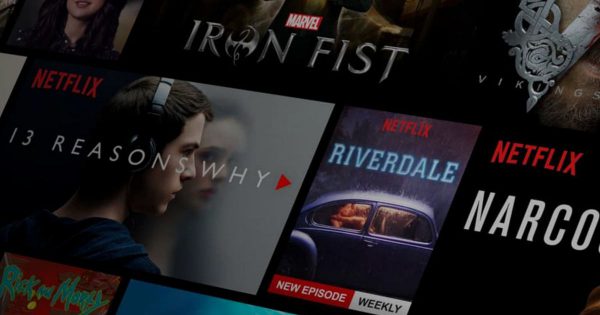
As spring term approaches, you are probably getting ready to kick-start your career. Here’s some advice that might help you make your way out there in the “real world”.
As people more experienced than you have already told you, getting your first job can be very hard, and starting to progress further in the industry can be even harder. Film and television are networking-based industries and as, presumably, you don’t have many connections yet, prepare for a slow and often tedious start.
Most industry professionals will advise you to find some work experience as quickly as possible, in order to start creating your network and putting some credits on your CV. Many say that it should not matter if your first experience is an entry level role at minimum wage. However, having your mind set on what you aspire to and what specific path you want to follow should help you select only the opportunities that are right for you.






